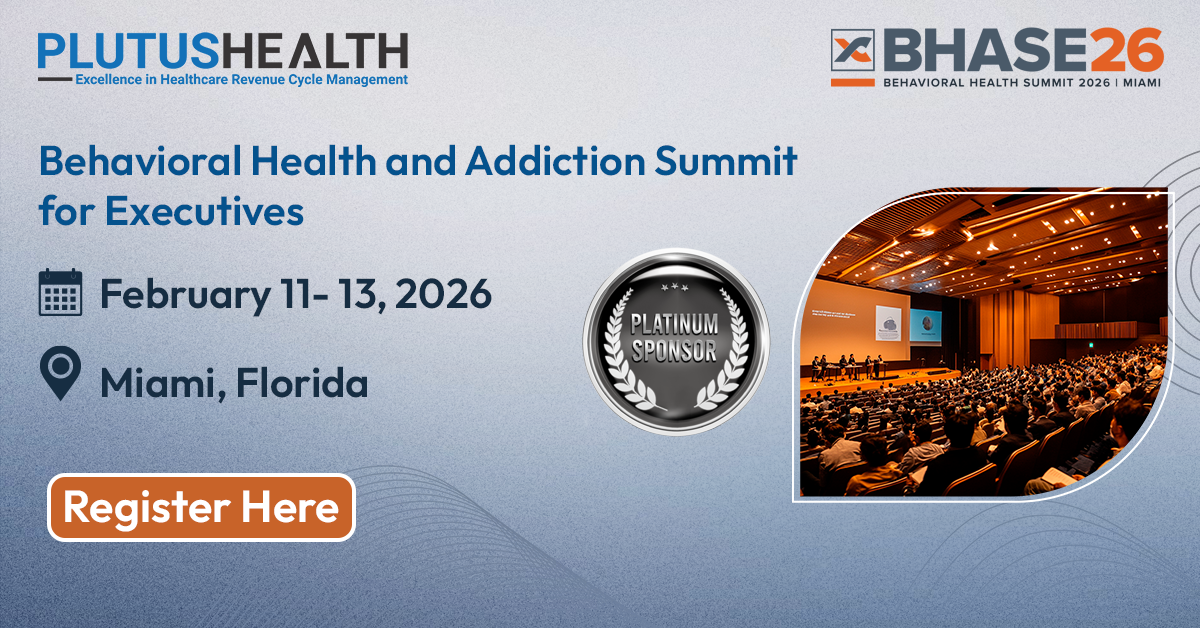5 RCM operational automation priorities hospital CFOs need to get right
Automation offers a solution to the healthcare understaffing that runs rampant in most sectors. Innovators have produced medical systems capable of efficiently completing tasks that once required multiple workers.
Despite this progress, hospital CFOs have failed to implement features that would streamline some workflows. Practices that maintain sluggish advancement may find more modern competitors absorbing their market share.
Here are the RCM technology priorities hospital CFOs need to target.
Staff Training
While some systems operate well without human involvement, many still rely on staff oversight. Most medical AI tools are designed to enhance workers rather than replace them. If misused, these programs can actively undermine an organization’s success.
Since automation encourages small, highly trained workforces, practices can drive toward building an elite staff. Competent providers will leverage machine/human interactions to improve their employees’ efficiency.
Automatic Updates
Medical billers semi-frequently must contend with rapidly changing government and payer standards. These shifts often disrupt claim submissions through legal restrictions or by making a denial inevitable. While some practices instantly receive rule changes, updating standards accordingly remains slow.
Automated programs adjust in-house worker guides by replacing old details with newly-sanctioned information. A clinic-wide network will apply approved adjustments instantly on all connected devices. These uniform, quick updates ensure staff stays informed about current or new requirements.
Clinical Documentation Improvement
Clinical documentation improvement (CDI) helps reduce miscommunications between the patient, provider, biller, and payer. CDI software reviews patient data on EHRs. In cases where this data fails to provide adequate detail, the AI alerts users of the revision or revisions needed.
Other software improves physicians’ record-taking. CDI programs prompt clinicians to write down details regarding services and patients. This oversight ensures that staff has sufficient information to create approvable claims. So, coders can reliably use physician notes to code the service or procedure properly to eliminate or drastically reduce denials.
Claim Denial Tracking
If a payer rejects multiple claims over a short period, the denials likely share similar causes. Most insurers will detail the reason for each denial. However, re-issuing a payment request costs time and may risk exceeding a submission deadline.
AI systems can find claim errors before sending them to the payer and help revenue cycle management in medical billing. These programs will highlight problems for human adjustment or fix them outright. Pre-emptive corrections save valuable billing time and effort.
Claim Denial Analysis
After discovering a denial trend, providers must invest in overhauling problematic parts of their workflow. Data-driven systems can produce the map for this overhaul with analytics.
Analytics will reveal what errors occur most frequently and under what circumstances. When paired with internal audits, this information can completely reform a practice. Auditors can target specific areas that need revision, eliminating unnecessary review.
Keeping pace with rapidly improving technology challenges even the savviest CFO. Plutus Health offers an end to this struggle by supplying modern RCM automation and quality at an affordable price. We provide the highest-end, most up-to-date healthcare RCM service technology and automated software to complement our expert billing team. To jump to the front, take advantage of our blended model, and bypass technology chasing, connect with us today.
Key Takeaways
1. Staff remains a necessary component of technological advancement.
2. Automated programs quickly update billing guidelines.
3. CDI software reduces miscommunication.
4. Systems identify claim errors before submission.
5. Data analysis AI categorizes denials for review purposes.



















































